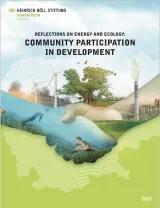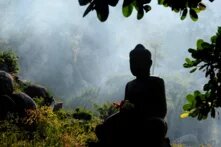Resource Governance
Articles
More articles about Resource Governance (12)
Publications
More pages about Resource Governance
© Heinrich-Böll-Stiftung e.V.
Schumannstraße 8
10117 Berlin
T +49 (30) 285 34-0
F +49 (30) 285 34-109
www.boell.de
info@boell.de








